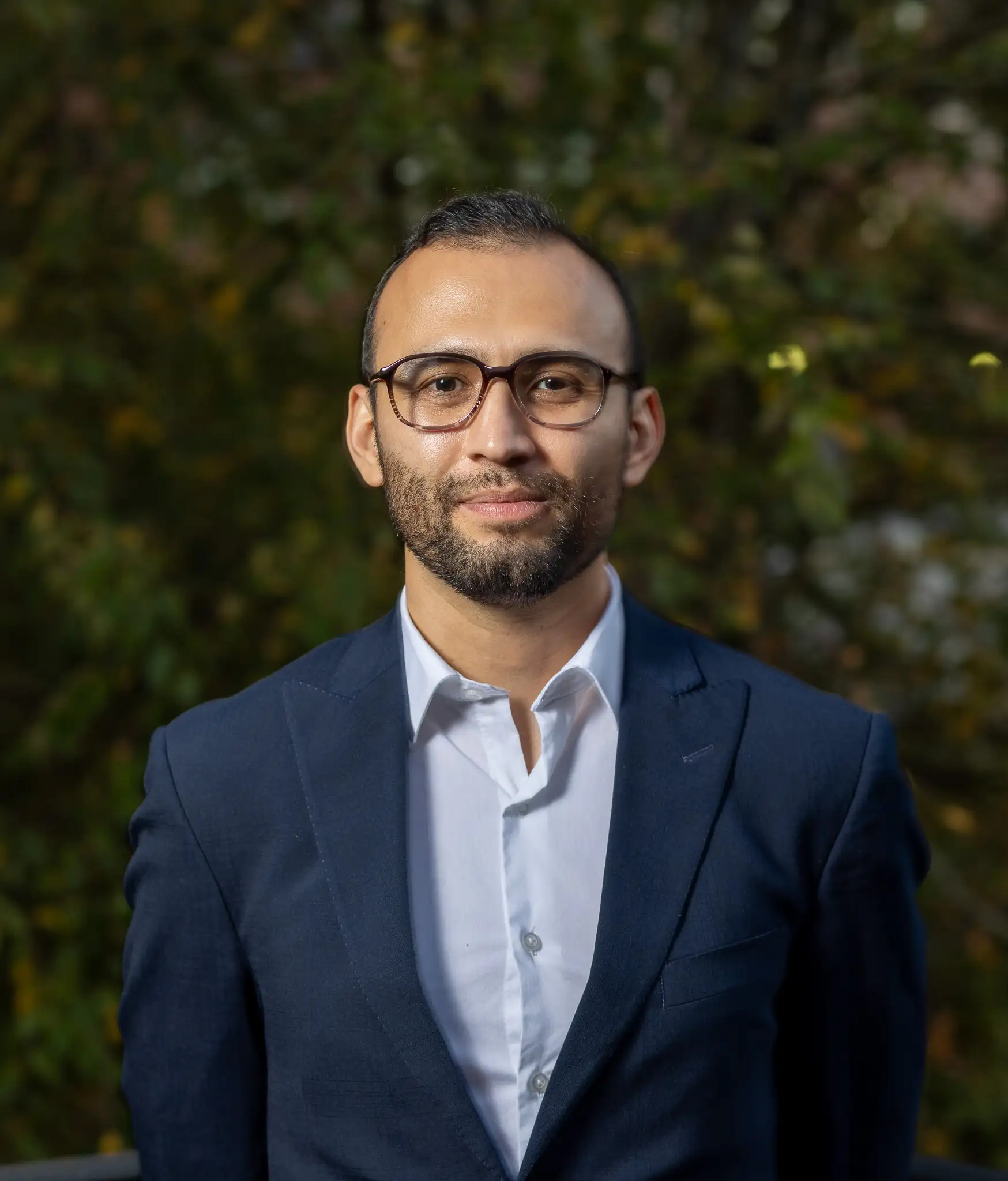Virologist uses multiplex assays to survey preventable diseases and vaccine disruptions
Meet Eriko Padron-Regalado
Eriko Padron-Regalado’s parents are high school teachers in Mexico, and they taught him to enjoy science, technology, engineering and mathematics (STEM) from an early age. Today, Padron-Regalado has a passion for public health because he loves raising the quality of life for people in need. This led him to earn his bachelor’s degree in biotechnology engineering from the Instituto Tecnologico y de Estudios Superiores de Monterrey, his masters in bioscience from King Abdullah University of Science and Technology and finally his doctoral degree in clinical medicine from the University of Oxford.

With a passion for helping others, Eriko Padron-Regalado is making a difference by focusing on vulnerable communities. (Photo Credit: Dexter Thompson, CDC NCIRD)
Next, Padron-Regalado joined the Centers for Disease Control and Prevention (CDC)’s Viral Vaccine Preventable Diseases Branch (VVPDB) in the Division of Viral Diseases as a fellow, under the mentorship of Dr. Stephen N. Crooke. The CDC Research Participation Programs are educational and training programs designed to provide students, recent graduates and university faculty opportunities to participate in project-specific CDC research, current public health research and developmental activities.
Padron-Regalado’s research is using a type of disease assay, called a multiplex assay, to survey for measles, mumps, rubella and varicella antibodies. Additionally, he is studying new ways to improve the mumps vaccine by monitoring antibody responses. Keeping a close eye on population immunity to these preventable diseases is more important than ever in the wake of COVID-19 because of disruptions to early vaccine coverage in children.
“Even within countries that have maintained high vaccination coverage, pockets of susceptibility to vaccine-preventable diseases (VPDs) may still exist in regions or communities that have difficulty accessing routine healthcare or that harbor a large degree of vaccine hesitancy,” explained Padron-Regalado.
He hopes to target specific age groups and regions to close this vaccination gap. By focusing on regions which show dangerously low antibody prevalence, the CDC can assist vulnerable communities before there is a disease outbreak. Padron-Regalado presented the research as a speaker in STEM professional development events, and thanks CDC communications specialist Yvonne Garcia for helping him get there.
A typical day for Padron-Regalado is collaborating on experiments and attending meetings. His favorite part is the CDC’s culture of professionals supporting one another. After his participation ends, he plans to continue in vaccines and infectious disease because he cannot picture himself doing anything else. Until then, Padron-Regalado recommends the CDC program to others.
“This has been one of the best research experiences I’ve had so far. I really admire the professionalism and the drivenness of all the CDC staff, which I find extremely contagious and inspiring.”
Video: Hear from Padron-Regalado in his own words
The CDC Research Participation Program is managed by the Oak Ridge Institute for Science and Education (ORISE) under an agreement between CDC and the U.S. Department of Energy (DOE). ORISE is managed for DOE by ORAU.

